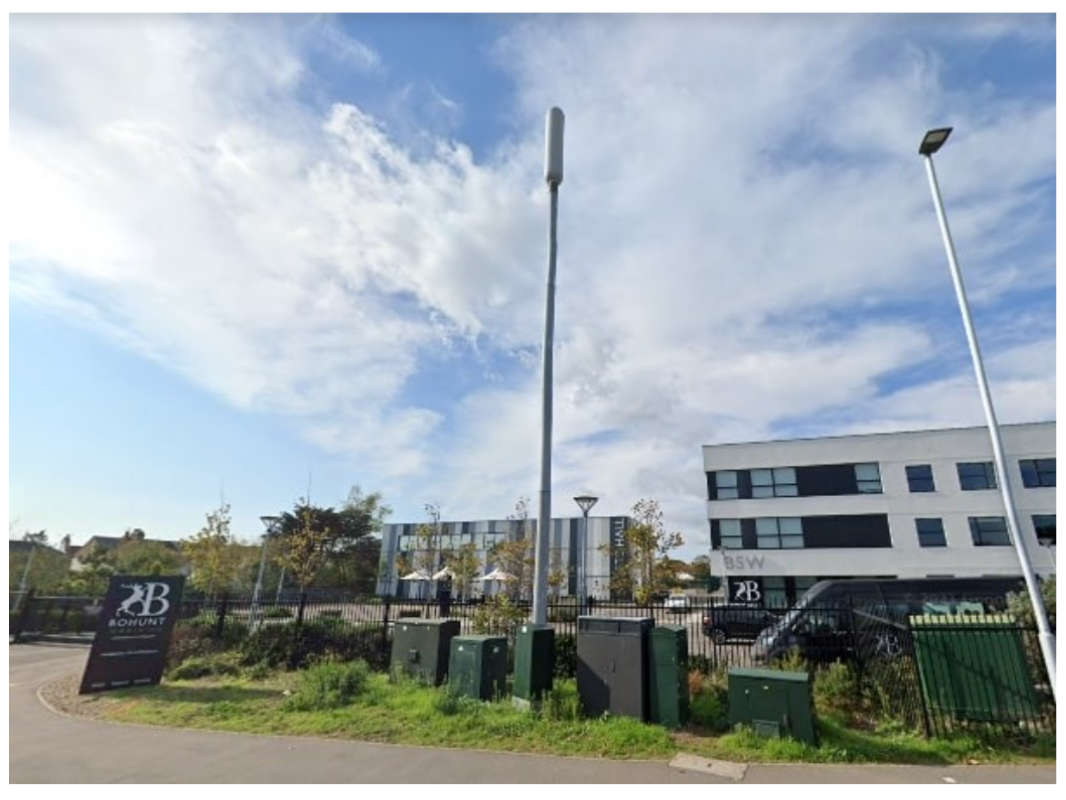
Campaigners have abandoned a legal challenge over a 5G-enabled mast in Worthing.
A crowd funding page was launched to challenge Worthing Borough Council after it granted planning permission for a 5G-enabled mast outside Bohunt school in March.
But campaigners had to abandon legal action after failing to raise the money needed.
Paula Mitton, founder of 5G Action West Sussex, said:
“We had to make the decision not to go ahead with a judicial review and close the Crowd Justice site.
“This is because there is a very short time span to apply for a judicial review following a planning decision.
“We would have had to raise at least £20,000 in less than this time.
“It took a long time to find a suitable solicitor and then we would have needed a barrister as well.”
Anti-5G campaigners were concerned about the mast’s proximity to Bohunt, claiming that it could ‘affect the health of pupils’.
But MBNL – the company jointly owned by Three and EE which will install the mast – said that radio frequency power outputs are kept to ‘the lowest levels possible’ while ‘still providing an effective service’.
A planning statement reads:
“The upgrade is required to provide increased 4G coverage and capacity and ensure that the mast is ready for 5G.”
5G uses radio waves at slightly higher frequencies than its predecessors 3G and 4G to provide faster connectivity, which is of concern to those who campaign against the technology.
But the signals are ‘non-ionizing’ – meaning that they can not damage DNA inside cells – and Public Health England has said there is no ‘convincing evidence’ that it is harmful if it remains below current guidelines.
A BT spokesperson said:
“It is important that the facts are explained and that the public is informed and not misled.
“We rely on – and meet the requirements of – the standards of a range of trusted national and international bodies.
“We’d point any concerned residents to study reliable sources of information from established research bodies.
“No health risks have been established from use of mobile phone technology and exposure to the low-level radio signals used for it, even though mobile networks have existed since the 1980s and the radio technology used is fundamentally the same.
“This has been the repeated result from a number of studies conducted over several years.”
The spokesperson said that technologies like 5G are ‘rolled out under strict government guidelines’ and are ‘essential’ to the UK’s economy and supporting emergency services.
Mobile network operators have been installing more masts to support the roll out of 5G across the country – something which has been supported by central government to improve internet speeds, especially in rural areas.
According to EE, 50 per cent of the UK population now has 5G coverage.
Eastbourne and Hastings, in East Sussex, have been named among the locations that recently gained coverage.


 Two Men Arrested In Connection With Brighton Rape
Two Men Arrested In Connection With Brighton Rape
 Appeal Following Assault In Horsham Shop
Appeal Following Assault In Horsham Shop
 Appeal After Arson At Gym In Burgess Hill
Appeal After Arson At Gym In Burgess Hill
 Two Men Sought In Connection With Brighton Rape
Two Men Sought In Connection With Brighton Rape
 Councillors Support Baby Box Partnership With Charities
Councillors Support Baby Box Partnership With Charities
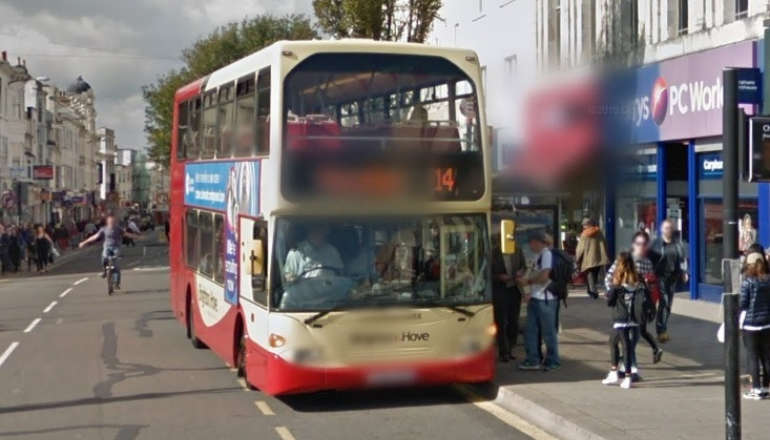 Brighton And Hove Bus Fare Cap Bid Foiled By Cost
Brighton And Hove Bus Fare Cap Bid Foiled By Cost
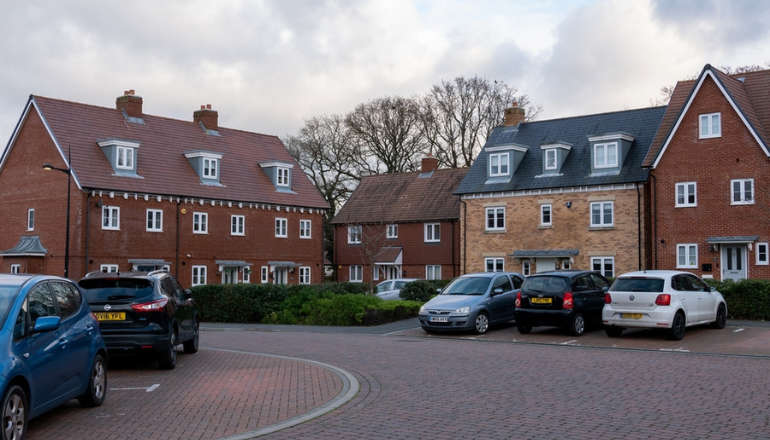 New Medical Centre Scoping Exercise Agreed By Wealden Council
New Medical Centre Scoping Exercise Agreed By Wealden Council
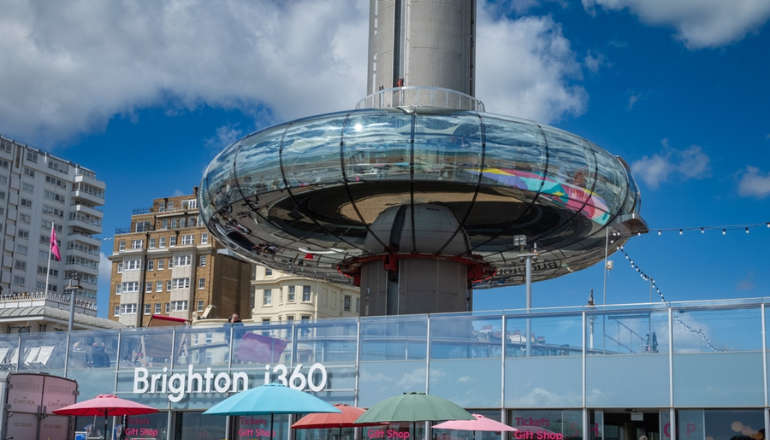 'Out Of This World' Ideas Put Forward For Future Of Brighton i360
'Out Of This World' Ideas Put Forward For Future Of Brighton i360
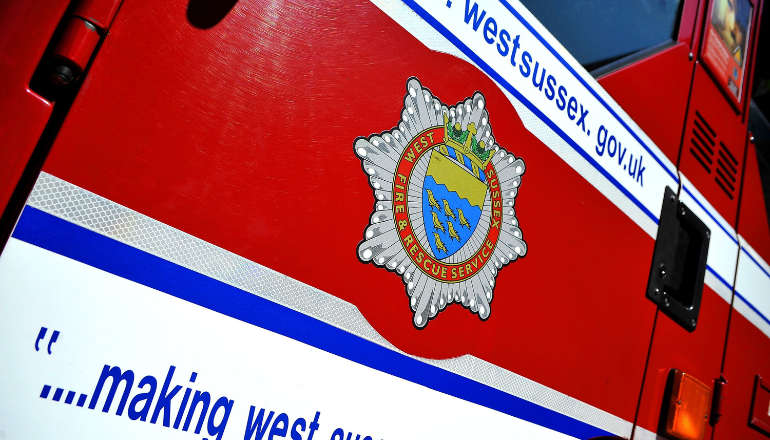 New Fire Engines For West Sussex
New Fire Engines For West Sussex
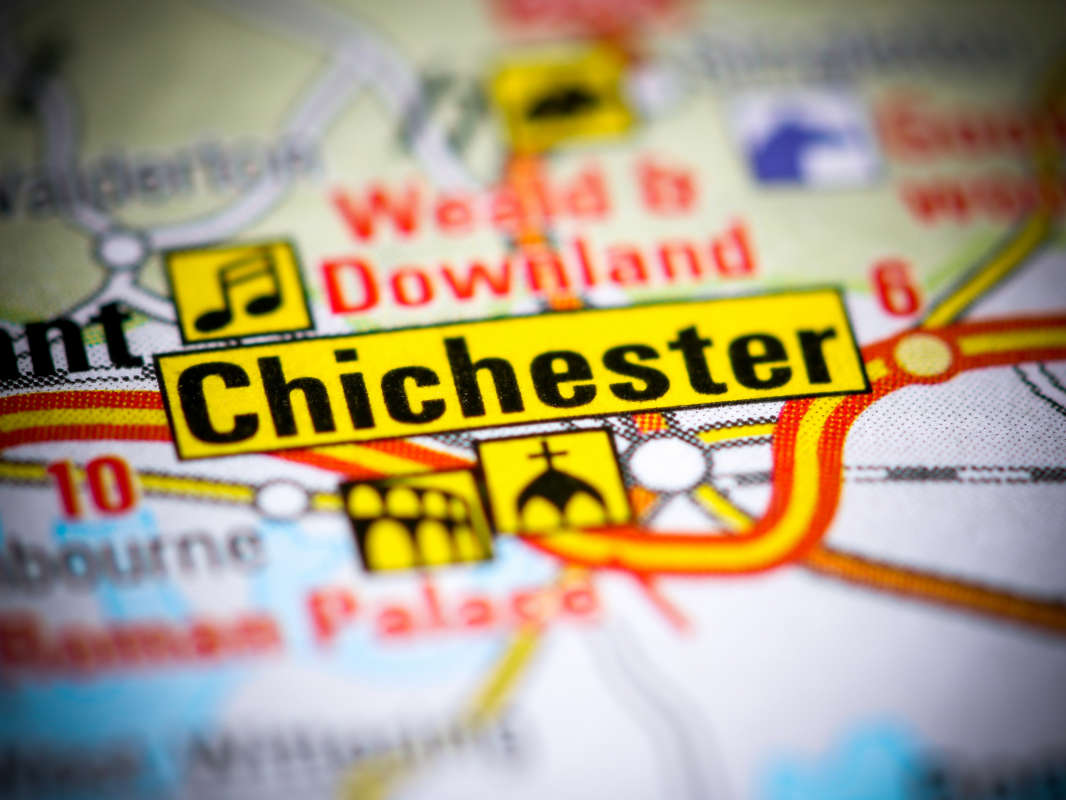 Sussex Setback For Travellers As Application Set For Snub
Sussex Setback For Travellers As Application Set For Snub